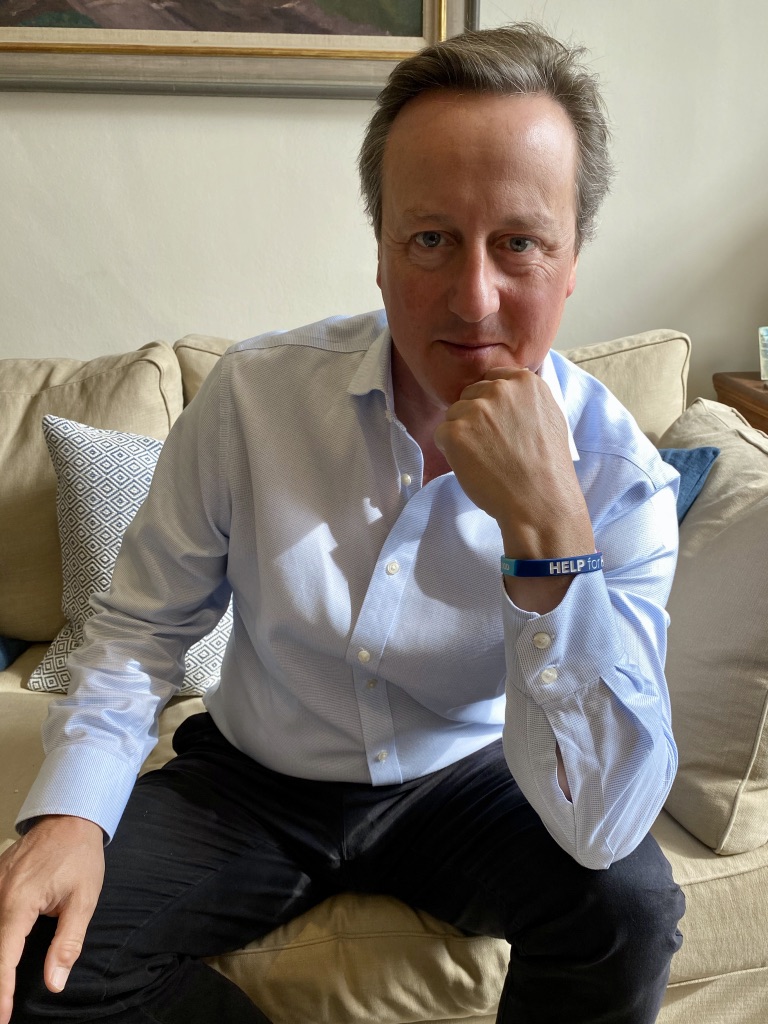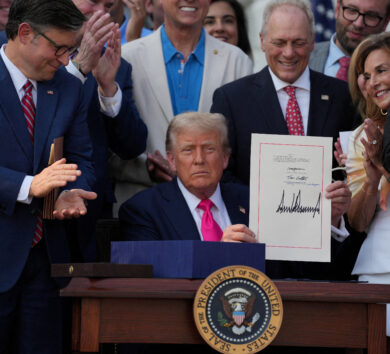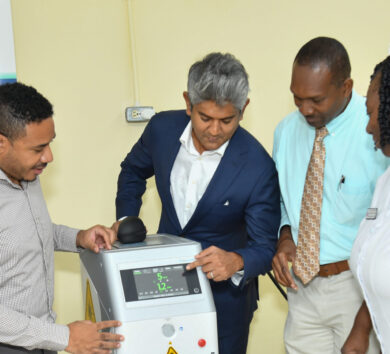
With the COVID-19 virus ravaging the country and its economy under tremendous pressure, the United Kingdom has taken the decision to cut its foreign aid budget.
The UK Chancellor of the Exchequer Rishi Sunak has announced that the country will be reducing its foreign aid budget from 0.7 per cent to 0.5 per cent of Gross National Income (GNI), which spells a saving of some £5 billion a year.
This will have a serious impact on Caribbean countries like Jamaica and other developing nations whose economies are reeling from the devastation wrought by the pandemic.
READ: Holness urges First World nations to maintain support despite COVID-19 pandemic
Jamaica is highly dependent on tourism and that industry is not returning anytime soon.
Sunak argued: “During a domestic fiscal emergency, when we need to prioritise our limited resources on jobs and public services, sticking rigidly to spending 0.7 per cent of our national income on overseas aid is difficult to justify to the British people, especially when we’re seeing the highest peacetime levels of borrowing on record.”

The IMF has said that right now tackling the health crisis is paramount, whatever the fiscal cost. Fiscal deficits in developing countries like Jamaica and other Caribbean economies are expected to widen by about five percentage points.
“Countries are in dire need of financing and sound debt management and debt transparency are critical to ensure that today’s debt can be repaid tomorrow and that borrowing costs are kept in check,” said an IMF spokesperson.
GOVERNING IN CARIBBEAN A DAUNTING TASK WITHOUT CAPITAL SUPPORT
It is not just developing economies that will be impacted by a lack of financial aid from more prosperous countries like the UK, but their healthcare systems that are now under siege. With poor healthcare infrastructure, inadequate hospital beds and doctors, funding is vital.
Add to that poor road infrastructure and the governance of Caribbean countries becomes even more daunting without capital support. It is said that it will cost some J$1 trillion to address Jamaica’s road infrastructure problem (made worse by the recent heavy rains), almost half its total GDP.
Britain has increased its fiscal response to the COVID-19 pandemic from £12 billion to £280 billion. The country is now undergoing a second lockdown.
“Many of these countries wanted independence and this is what that decision means at times like these. Britain cannot take on the burdens of other countries when our coffers are running down.”
David Levalle, former news editor of the South London Press
Speaking to Our Today, David Levalle, a former news editor of the South London Press said: “There will be a lot of governments across the Caribbean and Commonwealth who will be unhappy with this decision. It’s tough but the Chancellor has to put the needs of our people first at a time when the country is devastated. It takes cash to care, as you say in Jamaica, and at this time priorities have to be made.
“Many of these countries wanted independence and this is what that decision means at times like these. Britain cannot take on the burdens of other countries when our coffers are running down. It’s hard to justify giving financial aid to countries imposing states of emergency and where crime is out of control. That’s a national responsibility. All we can do is our best given the circumstances.”

Speaking on this decision by the British government to reduce its aid funding, former Conservative Prime Minister David Cameron said: “Abandoning the 0.7 per cent target for aid would be a moral, strategic and political mistake. Moral because we should be keeping our promises to the world’s poorest.
“A strategic error because we would be signaling a retreat from one of the UK’s vital acts of global leadership. And a political mistake because the UK is about to chair the G7 and important climate change negotiations.”
Cameron added: “I hope the prime minister will stick to his clear manifesto promise, maintain UK leadership and save lives.”







Comments